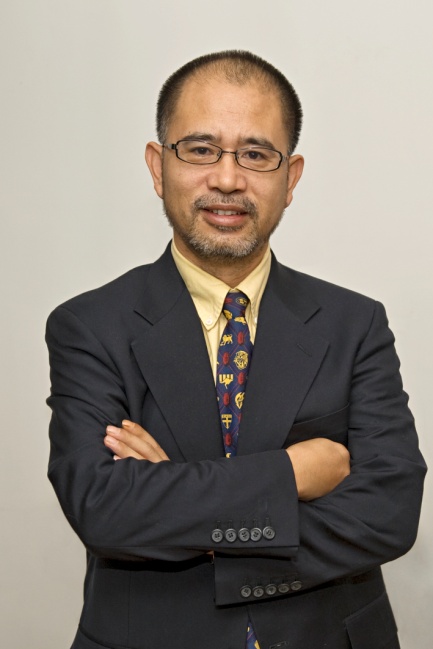Curriculum Vitae

Liu Baocheng
Director, Center for International Business Ethics,University of International Business and Economics, Chinaand Current Affairs Commentator, CCTV-Newsbaocheng.liu@gmail.comDr. Liu earned his MBA and MSc in International Business from Seton Hall University, bachelor degree in International Trade and PhD in Law from University of International Business and Economics(UIBE). He was the founder and dean to Sino-US School of International Management and Sino-French School of International Management after serving as the executive associate dean for the International School of Excellence at UIBE. His area of research and teaching covers a variety of disciplines including marketing, business ethics, cross-cultural communication and business law. He is the winner of National Teaching Excellence Award in 2008.Dr. Liu published extensively in the area of international business, ethics and law. Besides research and teaching, he served on the management of London Export Corporation, Union Merchant Overseas Corporation and Cathay Trading Ltd, president and CEO of Unigene Biotechnology Inc., Chief Representative of Herborium Inc., and Chairman of Novark Consulting. His hands-on business experience covers international trade, joint venture management, marketing research and legal service. Herborium Inc. co-founded by him was publicly listed on Nasdaq in September 2006.
Civil Society and Sustainable Development in China
Dr. Baocheng Liu, DirectorOver the past three decades, economic growth has been the centerpiece for Chinese policymakers. With intensified external interaction along with rising social problems at home, China begins to realize that a harmonious society has to rest on a combination of economic marketization and polio-socio democratization. By neo-liberal approach, human society is composed of three forces, i.e. state, market and civil society. An authoritarian central government is highly effective when a society undergoes dramatic transformation, to which China has presented a near perfect example for the introduction of economic reform and open-door policy. China's experience has brought to life an intriguing paradox - a countervailing market force unleashed by the visible hand of the government through privatization and deregulation. After all, economic prosperity is the foundation of a civil society. Along the history of the Communist regime, being an atheist society, China's attitude toward NGOs has undergone a rollercoaster pendulum under different social circumstances. An overriding justification for tight surveillance over NGOs has always been safeguarding social stability. In many ways, such polio-socio construct is incomparable with that of the western countries. Nonetheless, with rising income, improved education, better access to information, expanded social welfare belt and collective learning capacity of the government, a more luxuriant civil society is emerging on Chinese horizon. China's economic growth has been largely fueled by the rapid pace of industrialization, resulting in the threat of resource depletion and environmental degradation. Although piles of laws and regulations have been churned out on environmental protection, their lackluster enforcement has been dredging the feet. In addition to the stage of economic development, explanations can be traced to local protectionism, inadequate enforcement facilities and disintegrated CSR. Confronted by surging labor cost and environmental degradation coupled by depressive global demand, China's growth engine has to be remodeled on the concept of sustainable development.
Interactive questions:
1. How to understand the relationship between NGOs and the government under current Chinese context? Respective Concerns and contributions?2. Why are the major reasons behind environmental degradation in China? What are your suggestions for China?3. What inspirations can we draw from Chinese traditional culture with regard to sustainable development?
